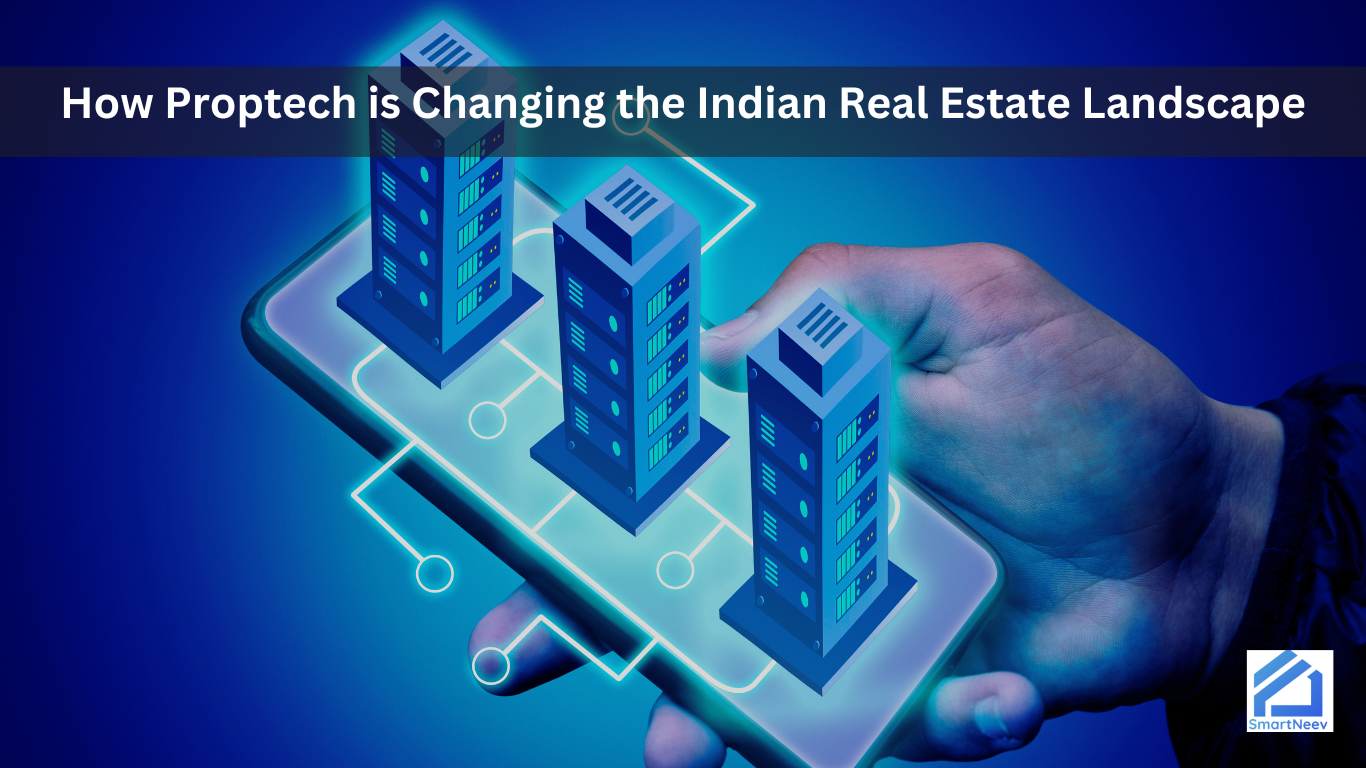Table of Contents
- Improving efficiency and transparency
- Enhancing customer experience and satisfaction
- Creating new opportunities and challenges
- Conclusion
Proptech, or property technology, is the use of digital innovations to enhance the processes and services related to real estate. Proptech encompasses various aspects of the real estate value chain, such as marketing, sales, leasing, management, development, and investment. Proptech is not a new phenomenon, as technology has been influencing the real estate sector for decades. However, in recent years, proptech has gained momentum and popularity due to the emergence of new technologies, such as artificial intelligence (AI), blockchain, internet of things (IoT), big data, cloud computing, etc., and the changing needs and expectations of consumers and businesses.
Improving efficiency and transparency
Proptech enables faster and smoother transactions, reduces operational costs and errors, and enhances data quality and security. For example:
- Online marketplace platforms allow buyers and sellers to connect directly and access information and services anytime and anywhere. These platforms also offer features such as online booking, virtual tours, price comparison, etc. That makes the property search and purchase process more transparent. However there are issues like fake leads, spam calls and unverified data making the journey frustrating for the actual buyers.
- Blockchain enables secure and decentralized record-keeping and verification of transactions. It eliminates the need for intermediaries such as brokers, lawyers, or banks, and reduces the risk of fraud or manipulation. There are platforms that allow users to buy and sell properties across the globe using cryptocurrencies.
- AI and big data enable data-driven decision making and predictive analytics. They help users to find the best properties, locations, prices, and returns based on their preferences and goals. They also help developers to optimize their designs, costs, and operations based on market trends and customer feedback.
Enhancing customer experience and satisfaction
Proptech empowers customers with more choices, convenience, and control over their real estate journey. For example:
- VR and AR allow customers to visualize and experience properties remotely and interactively. They can explore different layouts, features, amenities, and views of the properties without physically visiting them. They can also customize their preferences and see how they affect the properties.
- Chatbots and voice assistants provide instant and personalized assistance and feedback. They can answer queries, provide suggestions, schedule appointments, send reminders, etc., using natural language processing (NLP) and machine learning (ML). They can also learn from customer interactions and improve their responses over time.
- Smart homes and buildings offer comfort, safety, and sustainability features. They use IoT devices such as sensors, cameras, thermostats, lights, etc., to monitor and control various aspects of the properties such as temperature, lighting, security, energy consumption, etc. They can also be integrated with voice assistants or mobile apps for remote access and automation.
Creating new opportunities and challenges
Proptech opens up new avenues for innovation, collaboration, and competition in the real estate sector. For example:
- Co-living and co-working spaces offer flexible and affordable solutions for urban dwellers and workers. They provide shared spaces and amenities such as kitchens, lounges, gyms, etc., that foster social interaction and community building. They also offer services such as housekeeping, laundry, catering, etc., that enhances convenience and comfort.
- Crowdfunding and tokenization enable democratization and diversification of real estate investment. They allow users to pool funds and invest in fractional ownership of properties or projects. They also reduce the entry barriers and transaction costs for investors and developers.
However, proptech also poses some risks and challenges, such as regulatory uncertainty, ethical dilemmas, cyber threats, etc. For example:
- Regulatory uncertainty : The legal and regulatory framework for proptech is still evolving and varies across different jurisdictions. There may be issues such as taxation, compliance, dispute resolution, consumer protection, etc., that need to be addressed and harmonized. For example, the use of cryptocurrencies or tokens for real estate transactions may face legal hurdles or restrictions in some countries.
- Ethical dilemmas : The use of proptech may raise ethical questions such as privacy, consent, bias, accountability, etc. For example, the collection and analysis of personal data by proptech platforms or devices may infringe on the privacy rights or preferences of users. The use of AI or ML by proptech solutions may also result in biased or unfair outcomes for some users or groups.
- Cyber threats : The use of proptech may expose users and developers to cyber risks such as hacking, phishing, malware, etc. For example, the breach or manipulation of data or transactions by proptech platforms or devices may cause financial losses or damages for users or developers. The compromise or sabotage of smart homes or buildings by proptech devices may also endanger the safety or security of users or occupants.
Conclusion
Proptech is not a one-size-fits-all solution for the Indian real estate industry. It requires a holistic and strategic approach that considers the needs, preferences, and behaviors of various stakeholders, such as customers, developers, brokers, investors, regulators, etc. It also requires a conducive ecosystem that fosters innovation, collaboration, and adoption of proptech solutions. Proptech is not a threat or a substitute for the human element in real estate. Rather, it is an enabler and a complement that can enhance the value proposition and competitive advantage of the real estate sector.

